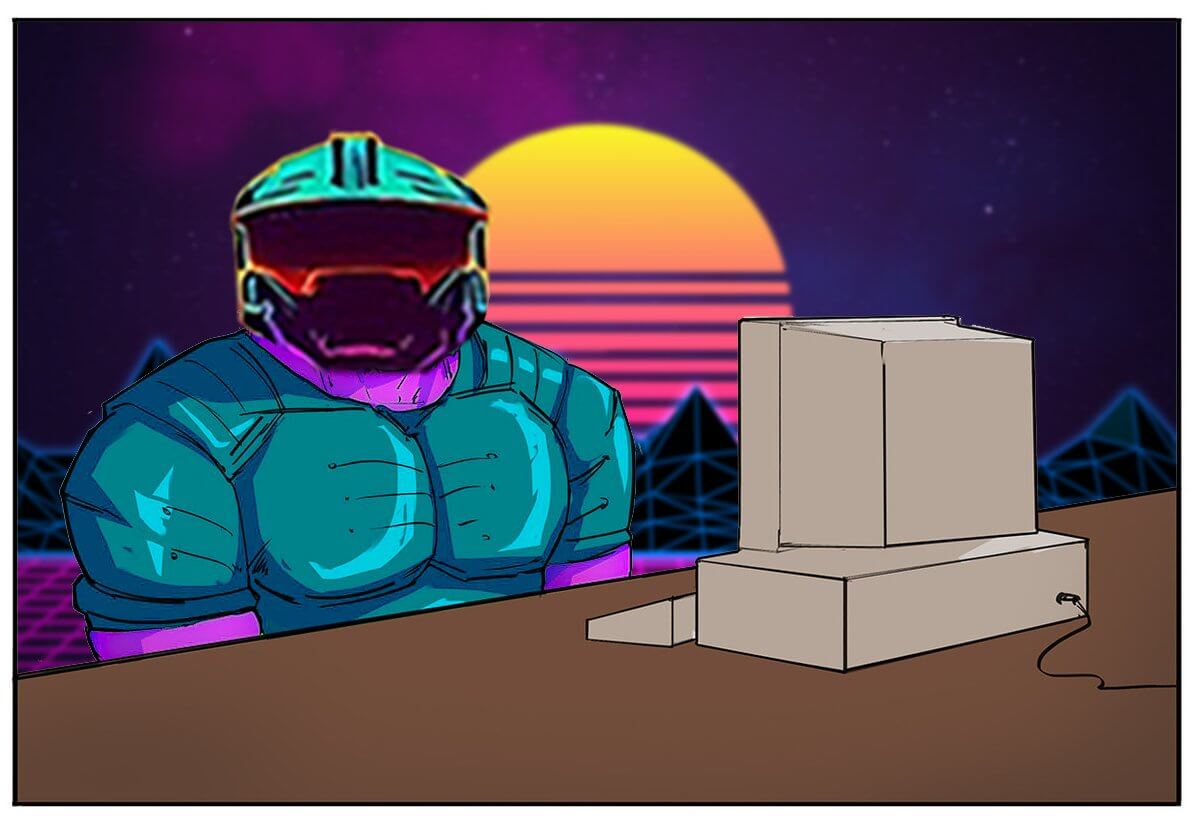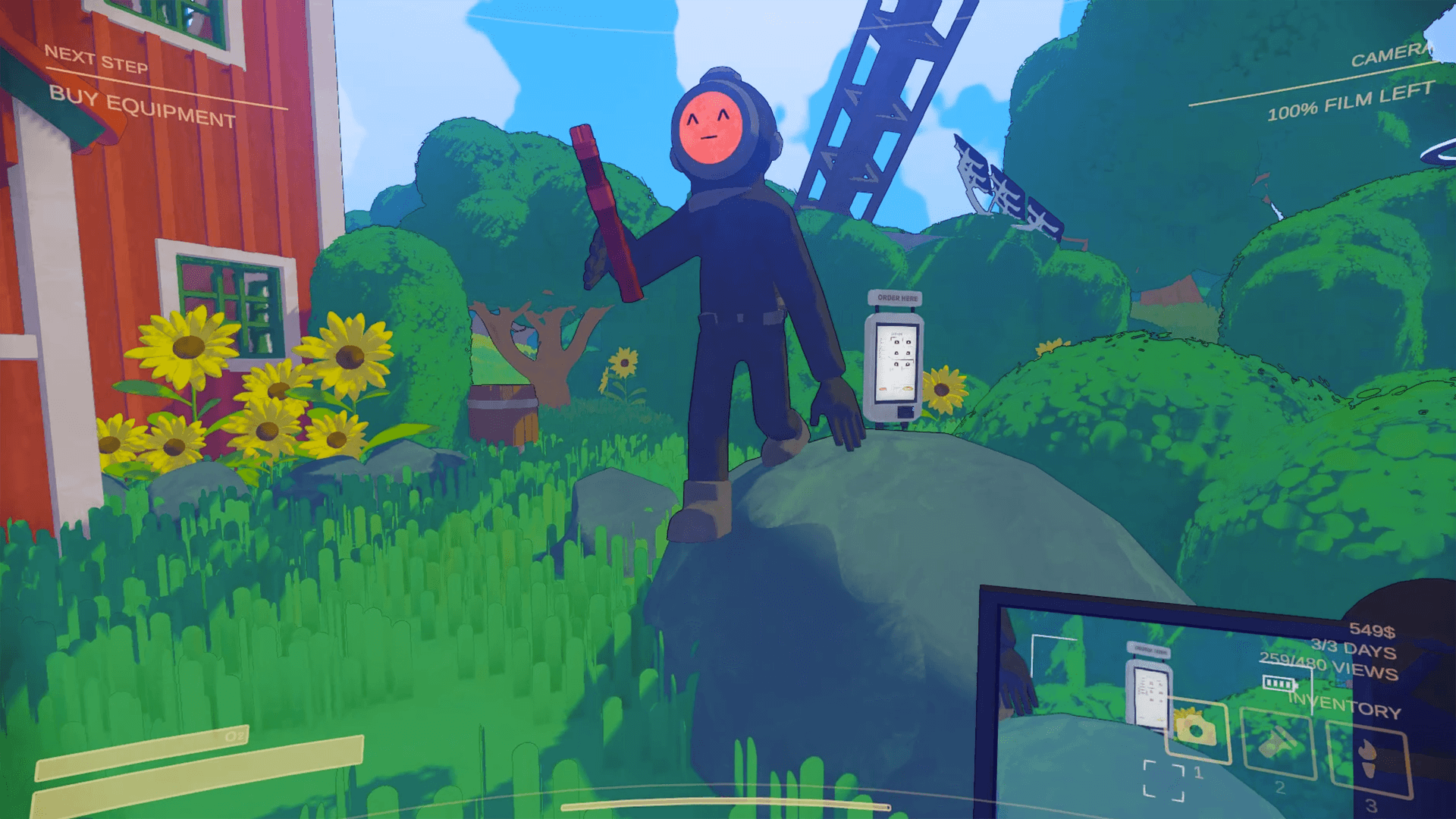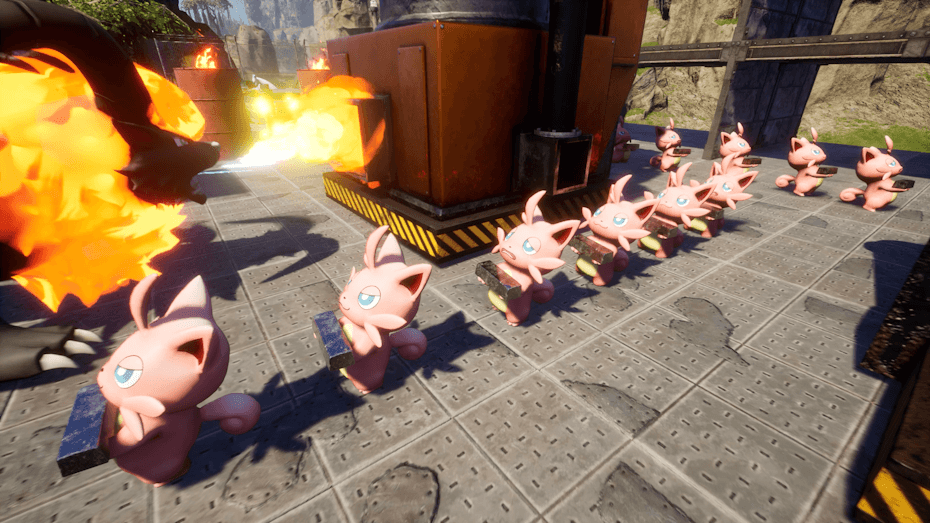As GDC, Game Developers Conference, draws closer, this year's sessions are starting to be announced. One session announced in particular features what to do with "toxic gamer culture" in the classroom entitled, "What to Do When 'Toxic Gamer Culture' Enters the Classroom." Its speaker Bonnie Ruberg, is set to discuss the alleged discrimination, harassment, and resistance that "women educators, queer educators, and educators of color," encounter from students who insist that discussions of diversity have no place in their education. The session's official description from the GDC website reads,
Recently, with the rise of what has been referred to as "toxic gamer culture," discrimination and harassment have become important issues for video games. Unfortunately, this toxicity is increasingly finding its ways into the classroom. It is common for game educators, especially women educators, queer educators, and educators of color, to encounter resistance and even hostility from students who insist that discussions of diversity have no place in their education. This talk breaks the silence about this widespread but largely unacknowledged problem in game education today and provides attendees with actionable techniques for thriving in the face of problematic student behavior.
Bonnie Ruberg, Ph.D. is an assistant professor of digital media and games in the Department of Informatics at the University of California, Irvine. She received her Ph.D. from UC Berkeley in conjunction with the Berkeley Center for New Media and the Department of Women and Gender Studies, according to her personal blog. Ruberg is also the lead organizer of the Queerness and Games Conference, and has authored two books entitled Video Games Have Always Been Queer (Postmillennial Pop) and Queer Game Studies.
According to GDC, the expected takeaway from the event is to help attendees, "learn about the challenges that many game educators face when teaching students who are skeptical, resistant, even hostile toward discussions of 'diversity.'" With attendees also to, "receive concrete, actionable suggestions for how to prepare for and respond to potential problematic student interactions in the classroom."
Attendees will learn about the challenges that many game educators face when teaching students who are skeptical, resistant, even hostile toward discussions of "diversity." They will receive concrete, actionable suggestions for how to prepare for and respond to potential problematic student interactions in the classroom.
The supposed audience for this educators summit on "Toxic Gamer Culture" are university level educators who teach video game courses, especially those who include "discussions of social issues" and for instructors who see themselves as "diverse."
Attendees will learn about the challenges that many game educators face when teaching students who are skeptical, resistant, even hostile toward discussions of "diversity." They will receive concrete, actionable suggestions for how to prepare for and respond to potential problematic student interactions in the classroom.
The exact time and date for the session is currently unknown as GDC has not released that information at the time of publication.
Update January 19, 2019, 3:38amEST
Added the word alleged into the beginning paragraph.




